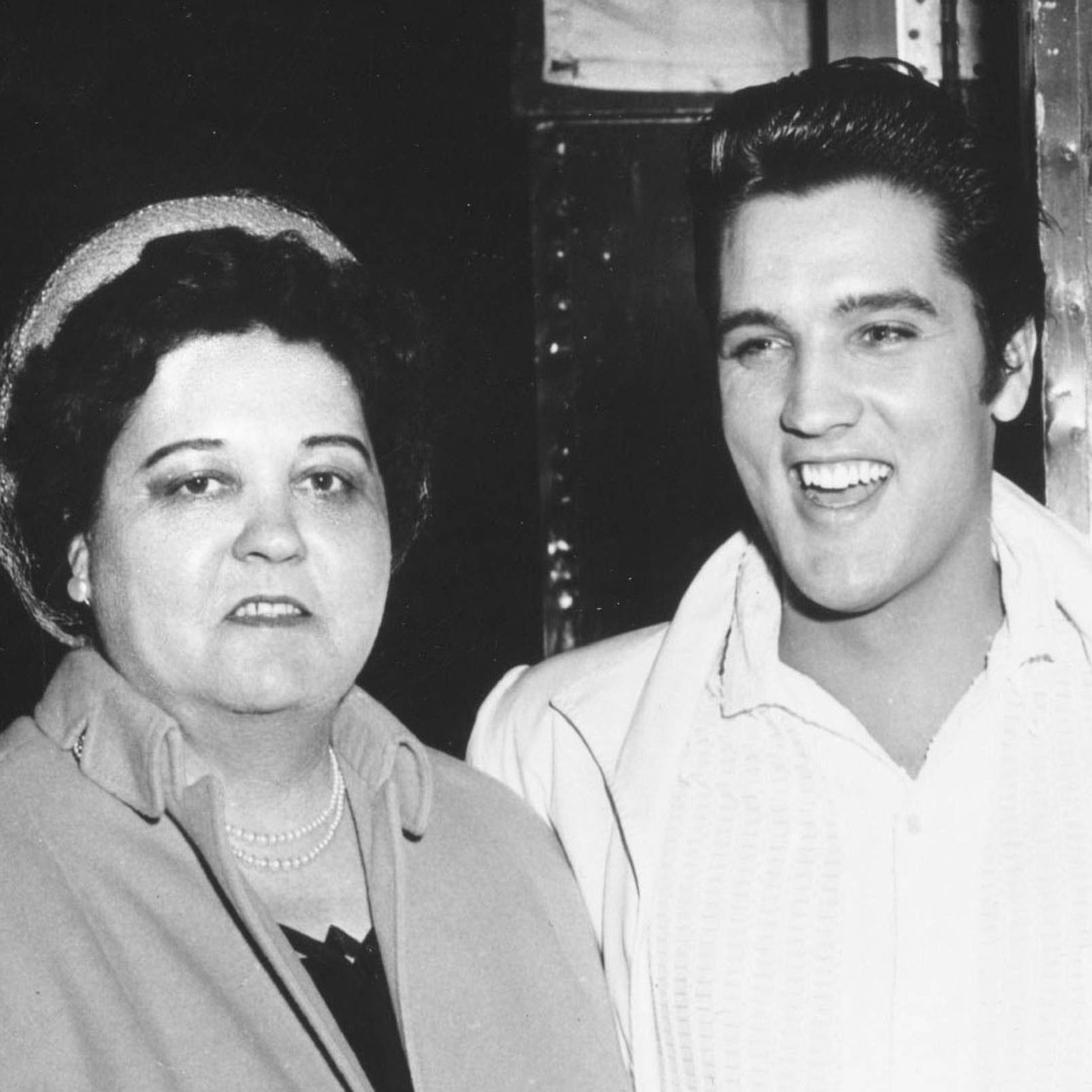Elvis Presley’s rendition of “In the Ghetto” is a powerful commentary on social inequality and the cycle of poverty, originally written by Mac Davis and released by Presley in 1969. The song, marked by its haunting melody and Presley’s emotive vocals, delves deep into the harsh realities faced by inner-city residents.
Set against a backdrop of somber acoustic guitar and subtle orchestration, “In the Ghetto” paints a vivid picture of life in impoverished urban neighborhoods. Presley’s soulful delivery captures the desperation and hopelessness experienced by families trapped in a cycle of hardship and despair.

Lyrically, “In the Ghetto” tells the story of a young boy born into poverty and violence, whose life ultimately ends tragically due to the circumstances he cannot escape. The song’s narrative highlights systemic issues and societal neglect, urging listeners to confront the harsh realities faced by marginalized communities.
Beyond its musical and lyrical impact, “In the Ghetto” resonates as a poignant call for social justice and compassion. Elvis Presley’s heartfelt performance adds a layer of empathy and urgency to the song’s message, making it a timeless anthem that continues to provoke thought and inspire action.
In essence, “In the Ghetto” by Elvis Presley is more than just a song; it’s a poignant narrative of social injustice and the enduring struggle for equality and opportunity. Elvis’s rendition remains a powerful testament to his ability to address pressing social issues through his music, cementing his legacy as a voice for change and compassion in the realm of popular music









